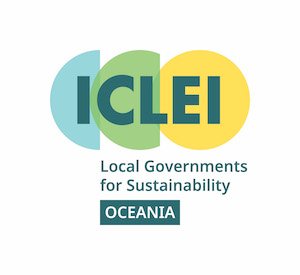Transforming climate language
As climate change issues evolve rapidly, is our language able to keep up? Are we doing ourselves and the environment a disservice by using language that is so-2007? On the 20th of August on a calm evening at the University of Melbourne more than 20 students gathered for a two-hour discussion on how climate change language has transformed over the past decade.
We challenged students to reflect deeply on what words they use when discussing climate and whether they are actually useful for conveying meaning. The key messages from the workshop were:
We must decide which words will be most effective and fit for purpose.
We should not necessarily use words that are mainstream (like ‘climate change’), but consider how other language (like ‘global heating’) may be fairer and more effective.
We should be mindful of how language evokes fear and other emotional responses. “Climate emergency” for example can enable governments but overwhelm individuals.
Effective conversations about climate involve shared cultural understandings, and being aware of the cultural context is essential.
There appears to have been a shift from words that blame, shock, and threaten, to an outlook which emphasises hope, possibility and cooperation.
Students created a word map of all the most common words they use
Then we played a game of climate change Articulate. Students had to describe a concept (such as “climate justice”) without using or referring to words ‘climate’ and ‘justice’. The aim was to encourage them to use non-standard language and to push for ideas and concepts that perhaps were less common or had never been used before.
Three concepts which stood out included:
Climate stress
Our neighbours
Fear narrative
The workshop carried a fantastic buzz of energy, a fun way to critique the power behind language that may be outdated, while exercising our collective democratic right to redefine the words to further the effectiveness of our climate actions.
Thanks to the Postgraduate Environment Network and Sustainable Campus for hosting the event, which was designed and facilitated by the ICLEI Young Writers Network.











